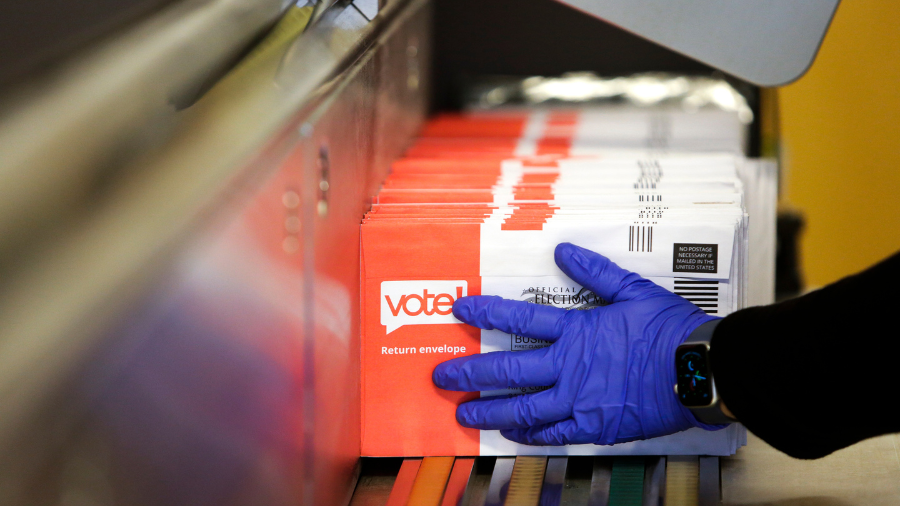Lyft study shows Seattle drivers may be changing their habits
Jan 29, 2018, 5:44 AM | Updated: 9:07 am

Lyft co-founder John Zimmer displays his company's "glowstache" following a launch event in San Francisco. (AP Photo/Noah Berger, File)
(AP Photo/Noah Berger, File)
Rideshare company Lyft is celebrating after a year of record numbers showing that its customers across America contributed billions in additional revenue to local economies.
Seattle is no exception when it comes to that spending, but the reported numbers also indicate that we may be witnessing the beginning of a dramatic change — from private cars to rideshare services.
Uber offered 2017 insights, but not as revealing as Lyft’s data.
RELATED: Experts predict a driverless car future
After providing roughly 375 million rides in 2017, Lyft reports that $2 billion was added to local economies through the availability of its service — that number was $31.5 million in 2016. Its drivers earned $3.6 billion last year, much more than the $750 million generated the year before.
Lyft reports that for Seattle:
- 72 percent of passengers go out more or stay out longer because Lyft is available (70 percent in 2016)
- 53 percent of passengers use their car less because of Lyft (56 percent in 2016)
- 34 percent of passengers say owning a personal vehicle is less important to them now (34 percent in 2016)
- 27 percent of passengers use Lyft to connect with public transit (22 percent in 2016)
- 46 percent use Lyft when public transit is not up and running
Lyft’s data includes surveying 30,000 passengers and 37,000 drivers in 52 major cities.
Is Seattle moving away from private cars?
Anybody driving on I-5 or parking in Seattle is aware that people are not ditching their cars in droves. But there does seem to be some interest in giving up the option of using a personal car.
Fifty-three percent of passengers using their cars less is a considerable number. The 34 percent of passengers saying they don’t care so much about owning a car anymore is a smaller figure, but still noteworthy.
This is in line with predictions put forth by technology disruption expert Tony Seba who says a dramatic shift from private car ownership to rideshare services is just over the horizon. He argues that rideshares are far cheaper than buying a car, insuring it, and paying to maintain it, etc.
Bob Lutz, former General Motors vice chairman, is giving similar warnings saying America is witnessing the end of an automobile era. He says that within 20 years, most people won’t be traveling in privately-owned cars.
“These modules are not going to be branded Ford, or Chevrolet, or Toyota. They are going to be branded, Uber, Lyft, or Maven,” Lutz told KIRO Radio in November.
Governments just have to regulate them first, and also plan for the driverless car revolution. The Washington State Transportation Commission has already started talking about a future I-5 reserved only for this driverless car economy.
The other side of the rideshare coin is car sharing services like Car2Go or Reach. In 2016, the Seattle Department of Transportation reported that about 9,000 drivers opted to give up their personal vehicles in favor of the service.
More data from Lyft
- 40 percent of passengers say they spend more at local businesses (47 percent in 2016)
- 54 percent of passengers say they explore more areas of Seattle (62 percent in 2016)
- 58 percent of passengers use Lyft to go to the airport
- 42 percent of passengers use Lyft to go to work (39 percent in 2016)
- 19 percent of passengers use Lyft to go to the grocery store
- 26 percent use Lyft for errands (30 percent used Lyft for grocery and errands in 2016)
- 76 percent of passengers use Lyft to visit restaurants and entertainment venues
- 30 percent of rides start in low-income areas
- 88 percent of drivers work for Lyft less than 20 hours a week
- 73 percent of Lyft drivers are the primary earners for their household
Follow @https://twitter.com/DyerOxley













